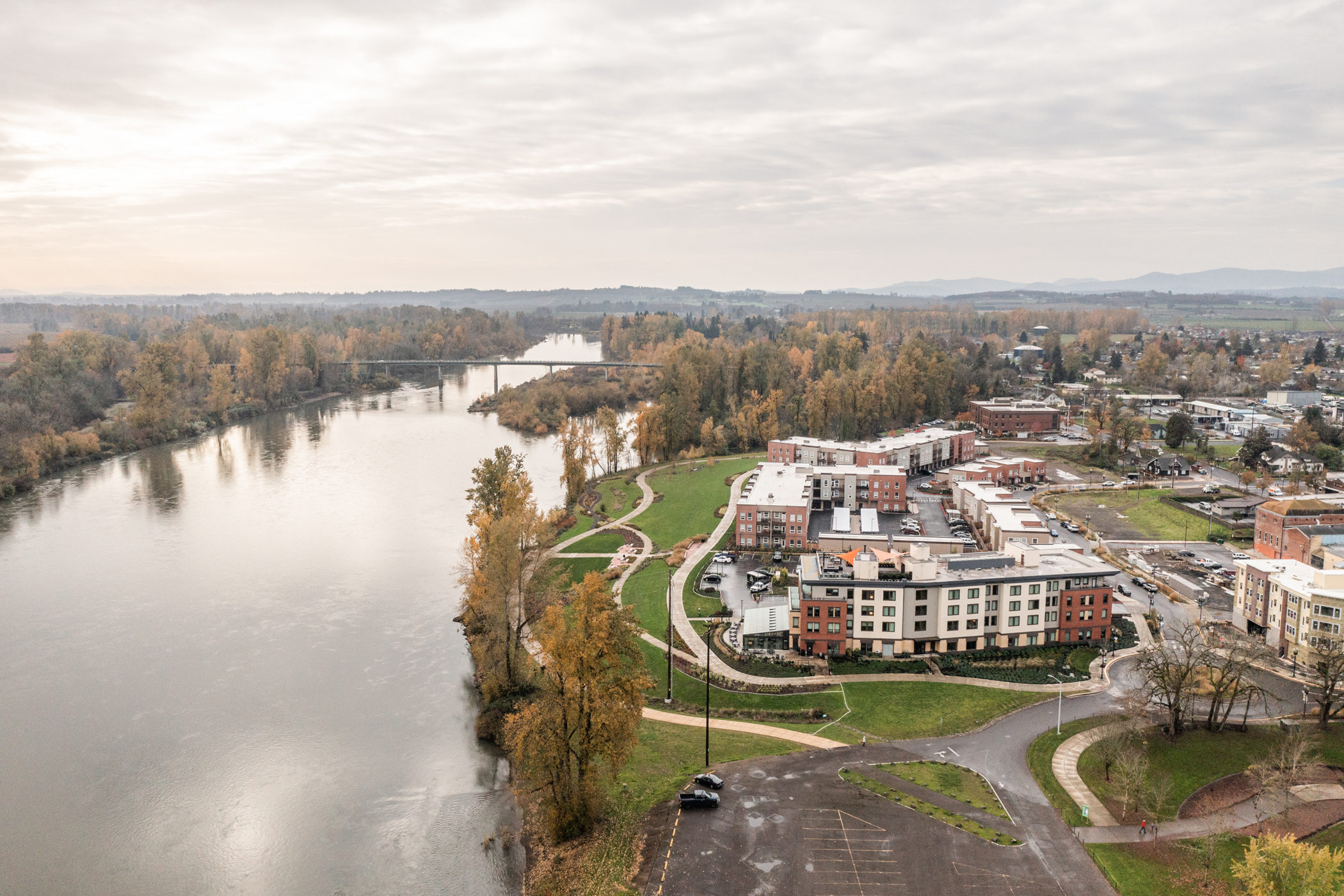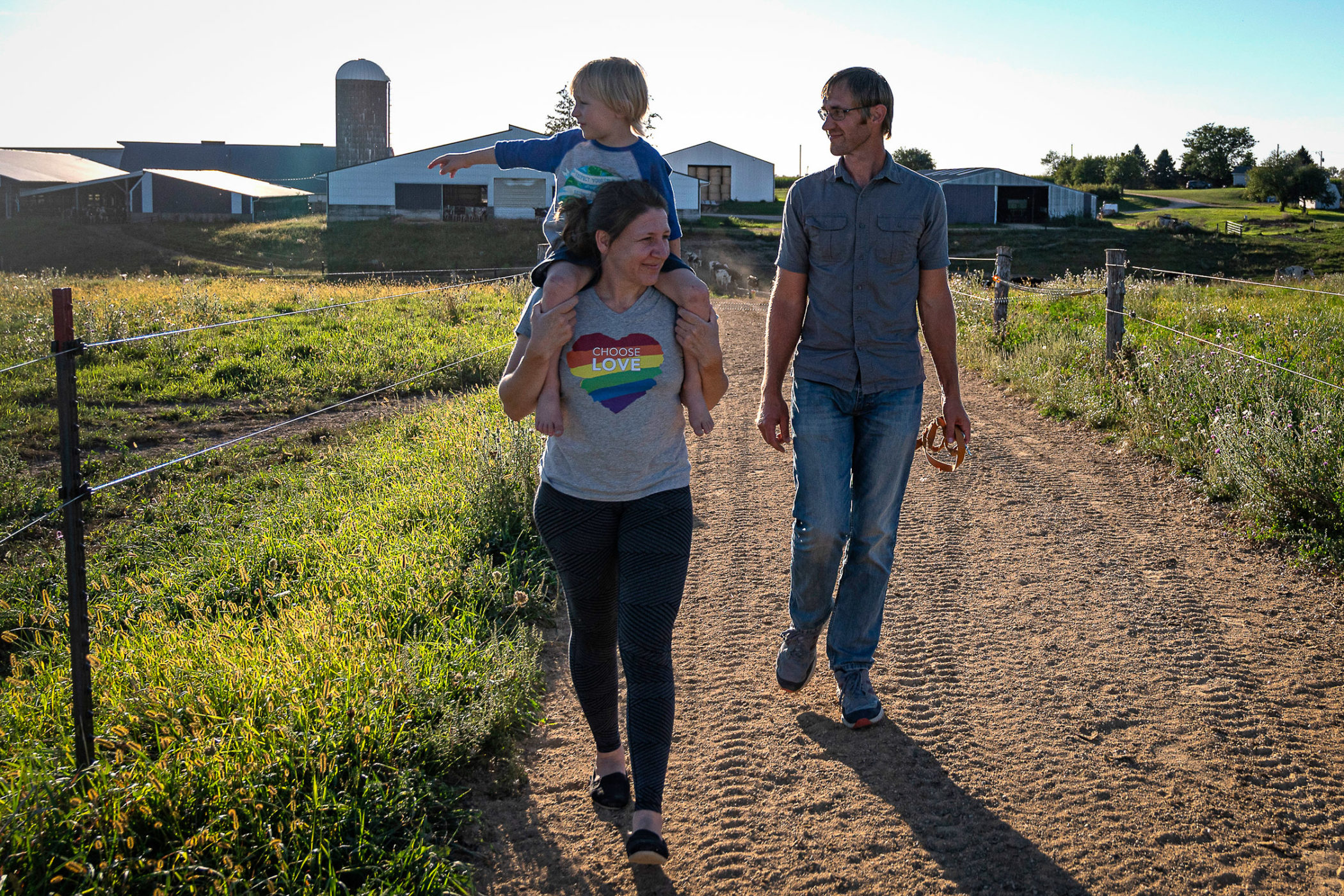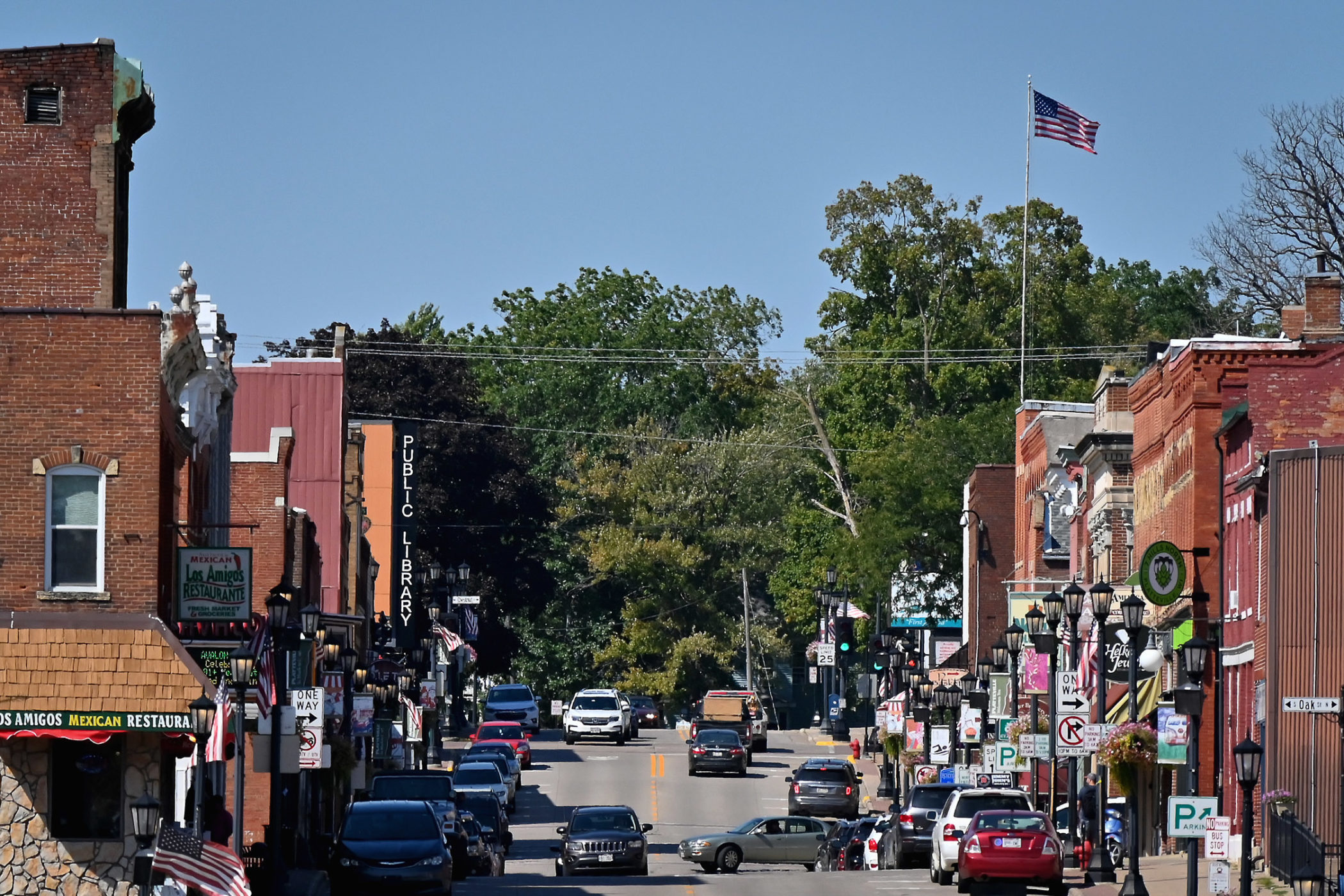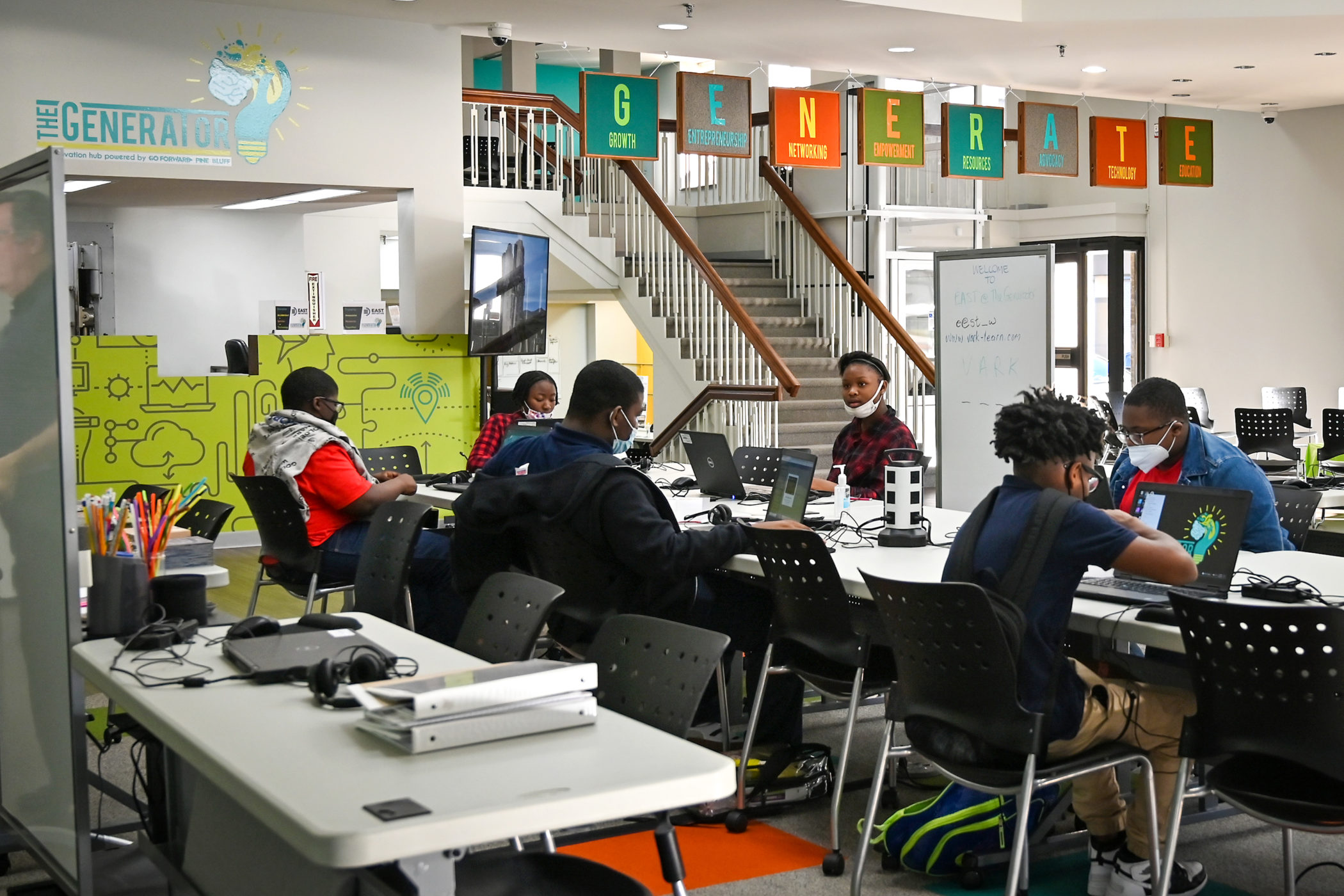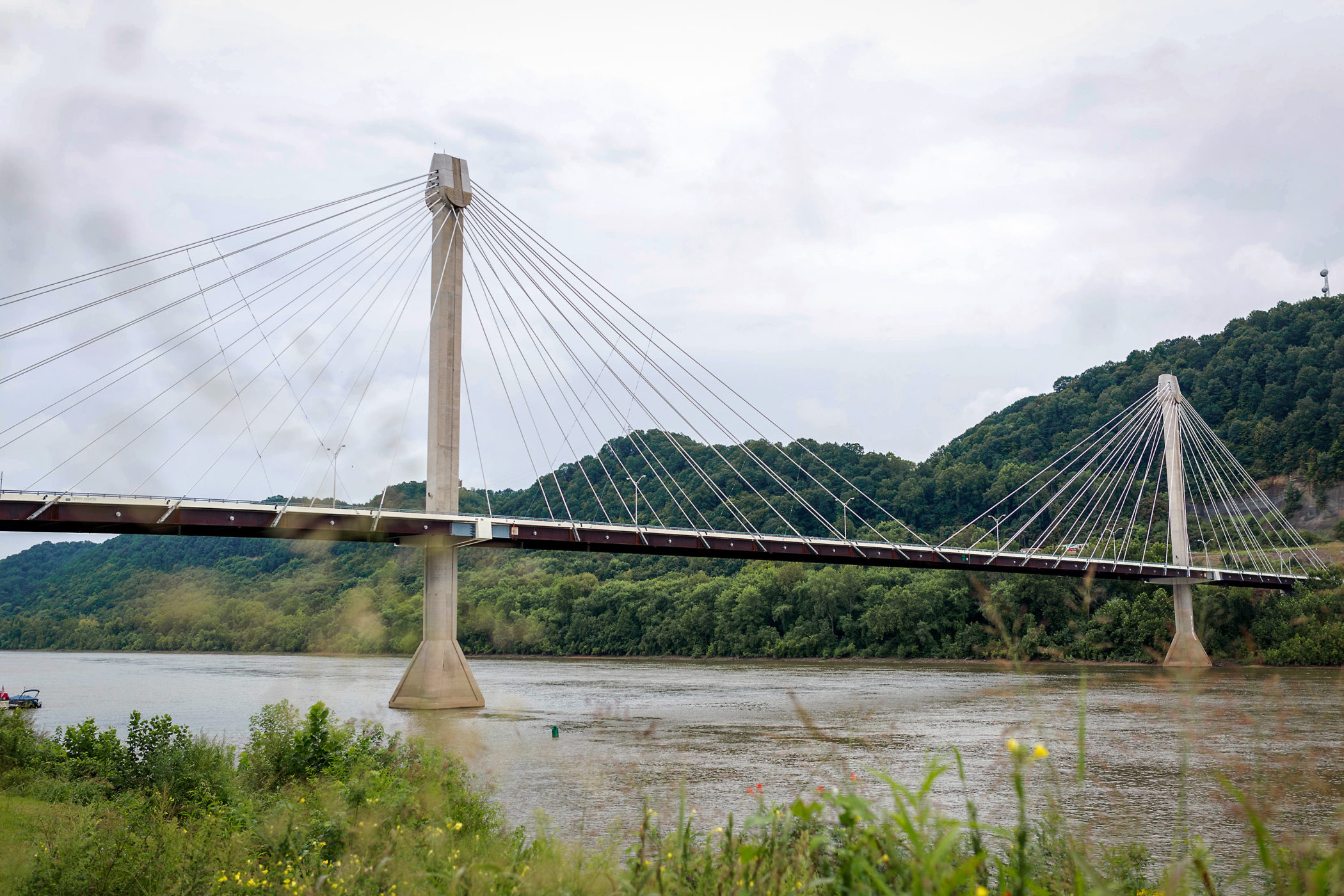Rural Innovation Initiative

Empowering local leaders to build tech economy ecosystems
Through the Rural Innovation Initiative, we provide intensive technical assistance and support to rural communities as they build tech economy ecosystem strategies, an economic development model that works to educate and train local residents in tech skills, employ them in tech jobs, and empower them to launch the startups that will drive their local economy.
Since launching in 2019, we’ve helped our communities raise more than $36 million in federal funding and matching dollars through the U.S. Economic Development Administration’s highly competitive Build to Scale Venture Challenge Grant program.
Who we work with
Our team works with rural communities that generally have a few key foundations in place to build their tech economies:
- Existing high-speed broadband that can be leveraged to create new jobs
- Partnership with a nearby university or college that will provide access to talent
- Committed local leadership that will lead this work and develop partnerships
- Willing nonprofit organization or local/regional government prepared to raise matching funds and support program execution
How we work
We partner with rural communities to develop actionable tech economy strategies in a cohort-based model. This creates opportunities for shared learning with other communities working on similar initiatives across the country. To learn more, register for one of our upcoming webinars.
Step 1: Assess
We conduct a local tech economy ecosystem assessment
Our team identifies current assets, opportunities, gaps, and challenges that community leaders must factor as they begin building their local tech economy strategy. The assessment includes community-wide asset mapping, a quantitative diagnostic report, qualitative analysis, and interviews with community stakeholders and partners. At the end of the assessment, we compile our findings into a single report, and share our findings with you about your community.

Step 2: Strategize
We build a community-specific tech economy strategy
Our in-house team of community managers and economic data specialists collaborate with rural leaders as they develop and refine tech economy strategies that are unique to their local community. Building upon the findings from the assessment phase, we provide technical assistance, tools, templates, guidance, and best practices for designing inclusive tech economy strategies.
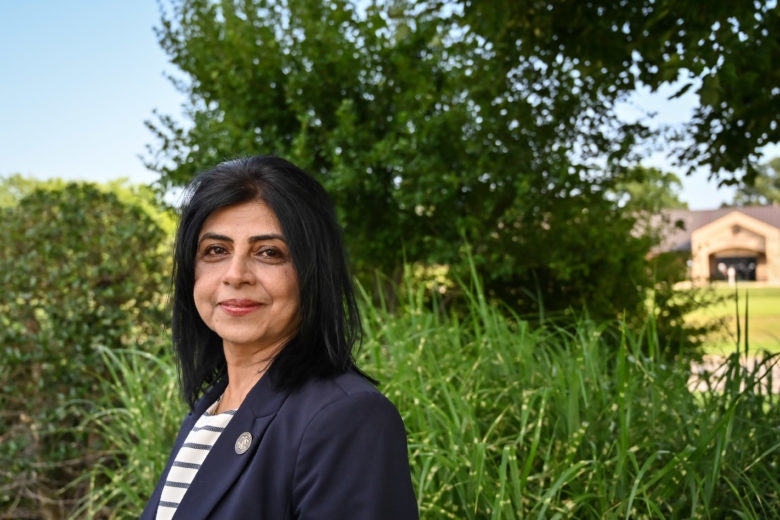
Step 3: Advise
We collaborate with participants on competitive grant proposals
In this final phase we work with participants to identify what funding opportunities best match their needs, and advise their grant writing process in order to develop competitive grant proposals that will help them gain the resources and assets needed to execute on their tech economy strategy.
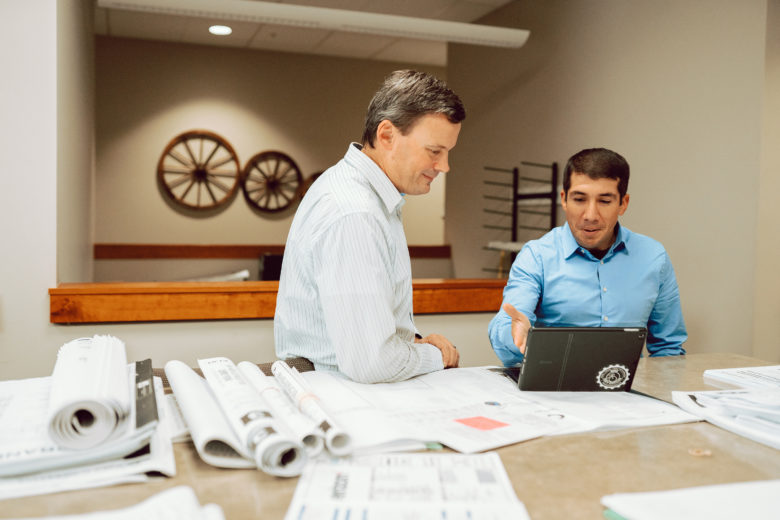
Step 4: Join
We invite interested communities to become part of our Rural Innovation Network
Once communities complete the Rural Innovation Initiative and begin to execute on their plans, they may be eligible to join our Rural Innovation Network which provides access to experts in the field and to a network of rural communities also building their own tech economies. Learn more about our network here.
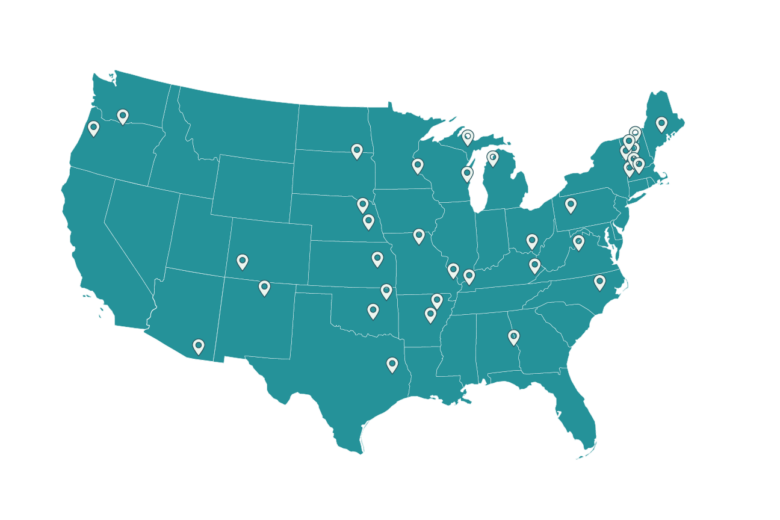
Our goal is to help all towns across the country become smarter about economic development in the 21st century. Whether you’re just getting started or looking to further your work, we would love to learn more about the work you’re doing locally to advance the tech economy in rural America. Please don’t hesitate to reach out with questions.
Meet Rural Innovation Initiative participants
We've had the opportunity to support rural communities across the country. Here are a few of the leaders and change agents we've partnered with since launching the Rural Innovation Initiative:

“Before, we were wading through things without feedback or guidance. We had some wins but they weren’t strategically thought out.

“It was so helpful to have you present to local partners and get them hyped up on how they should care. In rural communities there is less exposure to ideas/models.
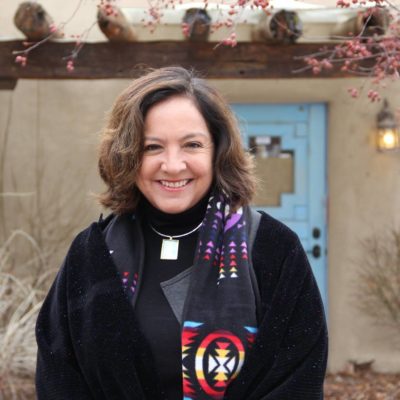
“The process was incredible and I really liked going through the process with other communities that could share their key learnings.

